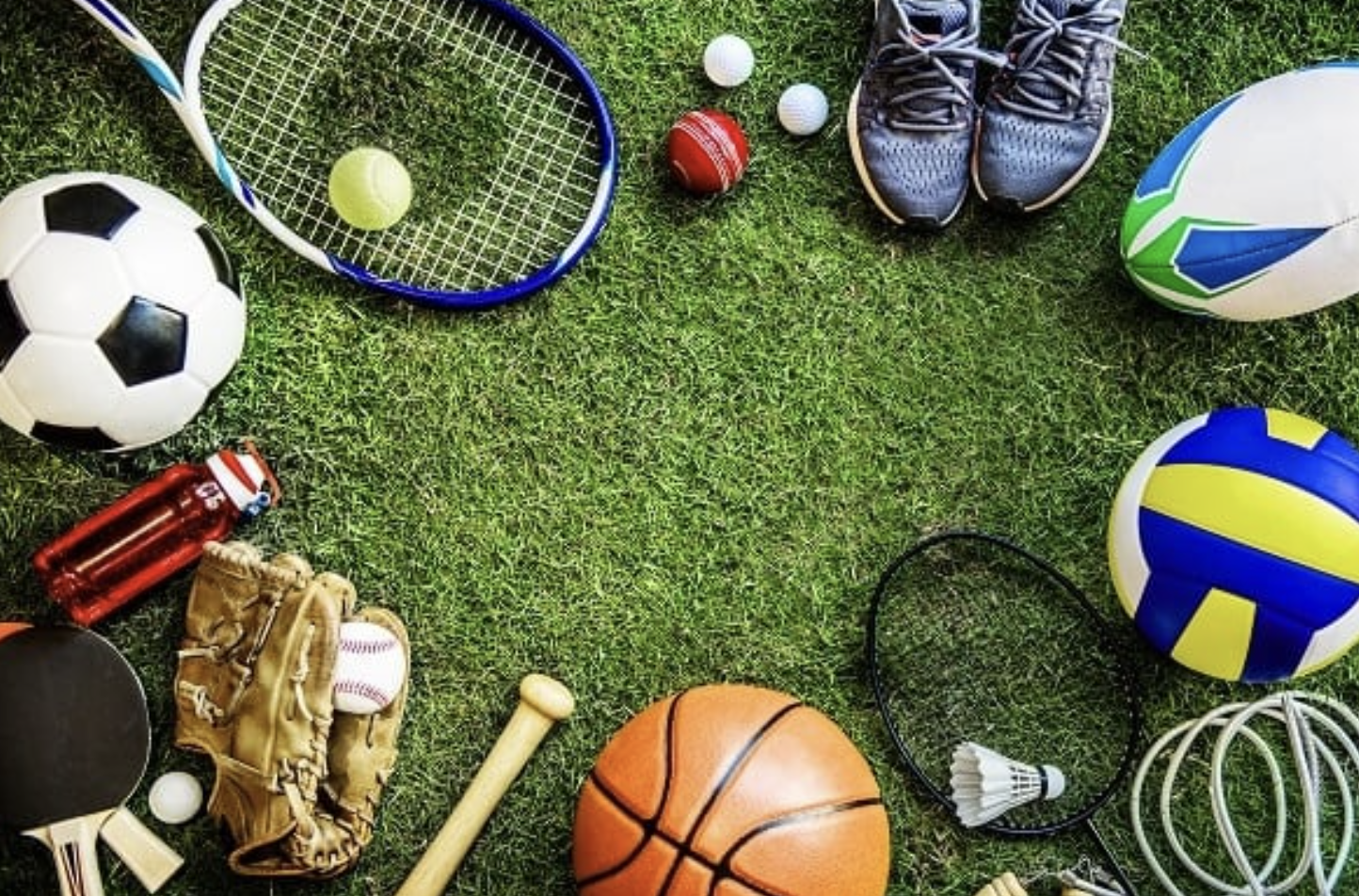
Mental Recovery Strategies for Athletes Facing Repeated Injuries
Recovering from injury tests more than just your body—it tests your mind. When setbacks pile up, it’s easy to feel stuck, frustrated, and disconnected from your athletic identity. But mental resilience isn’t about pushing harder. It’s about building flexible strategies that support your emotional recovery and fuel long-term growth. Here's how to strengthen your mindset and stay focused, even when the path to healing feels endless.

The Role of Emotional Resilience in Overcoming Career-Ending Injuries
You’ve built your career, your rhythm, your identity — and then an unexpected injury or health crisis changes everything. It’s not just your body that needs to heal. Your mind, your emotions, and your sense of purpose all get pulled into the recovery process. Real resilience isn’t about pushing through or pretending everything’s fine — it’s about learning how to shift, adapt, and rebuild when life doesn’t go to plan. This kind of transformation doesn’t happen overnight, but with the right mindset and strategies, you can come back stronger in ways you didn’t expect.
The Mental Side of Injury Prevention: Cognitive Strategies for Athletes
Injury prevention is often thought of as a physical game—stretching, strength training, and proper recovery. But what about the mental side of injury prevention? Your mindset, awareness, and approach to training play a crucial role in keeping you safe. The way you handle fatigue, manage stress, and respond to pain can be the difference between staying strong and sidelined. By integrating cognitive strategies into your routine—like mindfulness, visualization, and reframing discomfort—you can reduce injury risk while enhancing performance. Let’s explore how training your mind is just as important as training your body when it comes to staying healthy in sports.

Understanding the Luteal Phase: How Hormonal Changes Impact Injury Risk in Female Athletes
Have you ever noticed how some workouts feel harder or your body feels "off" during certain times of the month? For female athletes, hormonal changes during the luteal phase—the days between ovulation and your period—can significantly impact performance and injury risk. From ligament laxity to increased fatigue, understanding how these changes affect your body is key to staying strong and injury-free. Let’s explore how to adjust your training strategy to work with your cycle, not against it, and make the most of every phase.

The Psychological Benefits of Cross-Training for Athletes
In sports, we often focus on the grind within a specific discipline, whether it’s mastering a serve in tennis, perfecting a swing in golf, or strengthening that running stride. But what if stepping out of your usual training zone could actually boost your performance? Cross-training, or integrating different types of exercises and sports into your routine, isn’t just about staying fit—it’s also a powerful way to support mental well-being, reduce injury risks, and enhance overall athletic resilience. Let’s dive into how cross-training can elevate not only your physical abilities but also your mental edge.
Have a Question for Us?
Call us at 437-826-9365 or schedule an ask us anything chat.
We can talk about how working with a therapist and/or mental performance coach can help you.
No charge. No obligation.